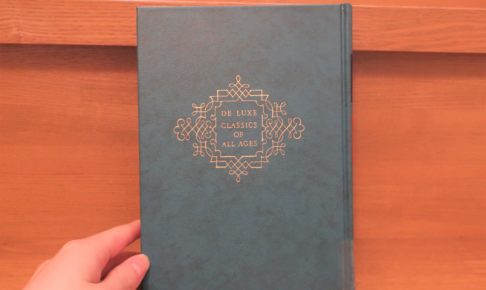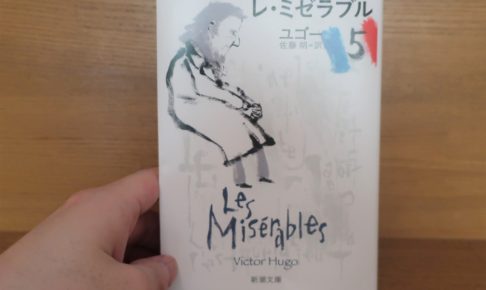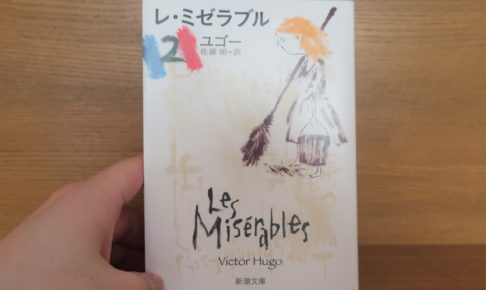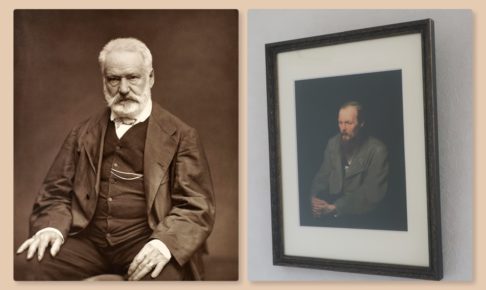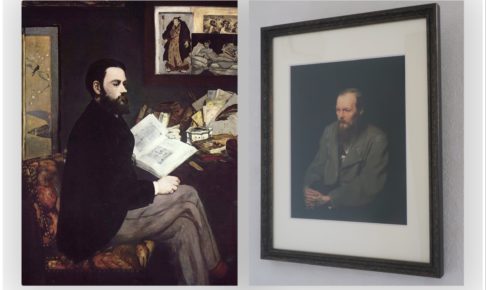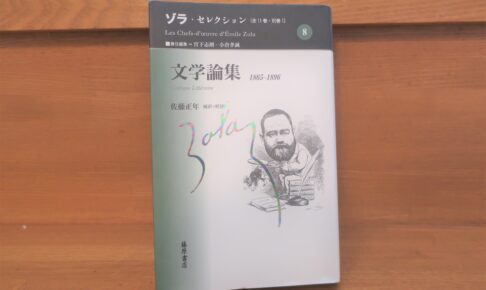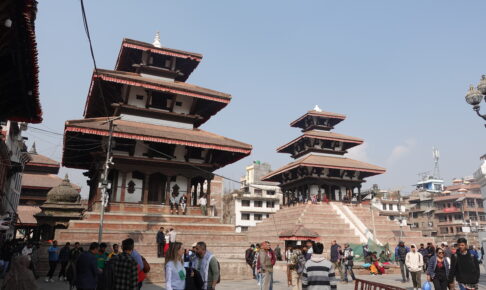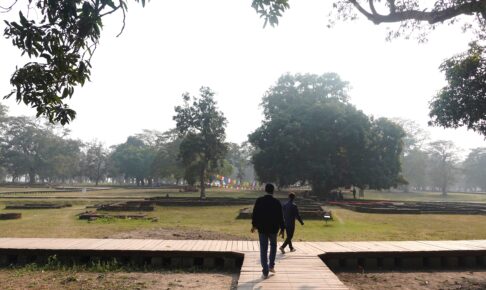Balzac's "Eugenie Grande" Synopsis and Impressions - The story of a defensive father and his simple love for his virtuous daughter.
This work is very closely associated with Dostoevsky; in 1843, when he was 22 years old, this was the work he was about to translate into Russian for publication.
Dostoevsky was devoted to Balzac from a young age and was strongly influenced by him.
It was this "Eugenie Grande" that he had his eye on as a work to be translated into Russian.
The story centers around the intense miser, Old Felix, and his daughter, Eugenie, and their battle between material greed, symbolized by money, and spiritual integrity.












